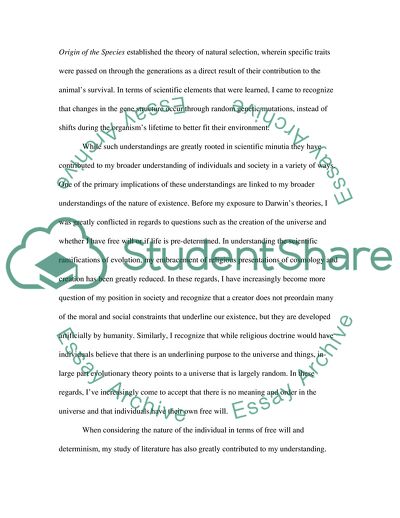Cite this document
(How Learning of Literature and Science Contributed to Understanding of Term Paper, n.d.)
How Learning of Literature and Science Contributed to Understanding of Term Paper. https://studentshare.org/education/1755740-as-an-ib-student-how-has-your-learning-of-literature-and-science-contributed-to-your-understanding-of-individuals-and-societies
How Learning of Literature and Science Contributed to Understanding of Term Paper. https://studentshare.org/education/1755740-as-an-ib-student-how-has-your-learning-of-literature-and-science-contributed-to-your-understanding-of-individuals-and-societies
(How Learning of Literature and Science Contributed to Understanding of Term Paper)
How Learning of Literature and Science Contributed to Understanding of Term Paper. https://studentshare.org/education/1755740-as-an-ib-student-how-has-your-learning-of-literature-and-science-contributed-to-your-understanding-of-individuals-and-societies.
How Learning of Literature and Science Contributed to Understanding of Term Paper. https://studentshare.org/education/1755740-as-an-ib-student-how-has-your-learning-of-literature-and-science-contributed-to-your-understanding-of-individuals-and-societies.
“How Learning of Literature and Science Contributed to Understanding of Term Paper”. https://studentshare.org/education/1755740-as-an-ib-student-how-has-your-learning-of-literature-and-science-contributed-to-your-understanding-of-individuals-and-societies.


